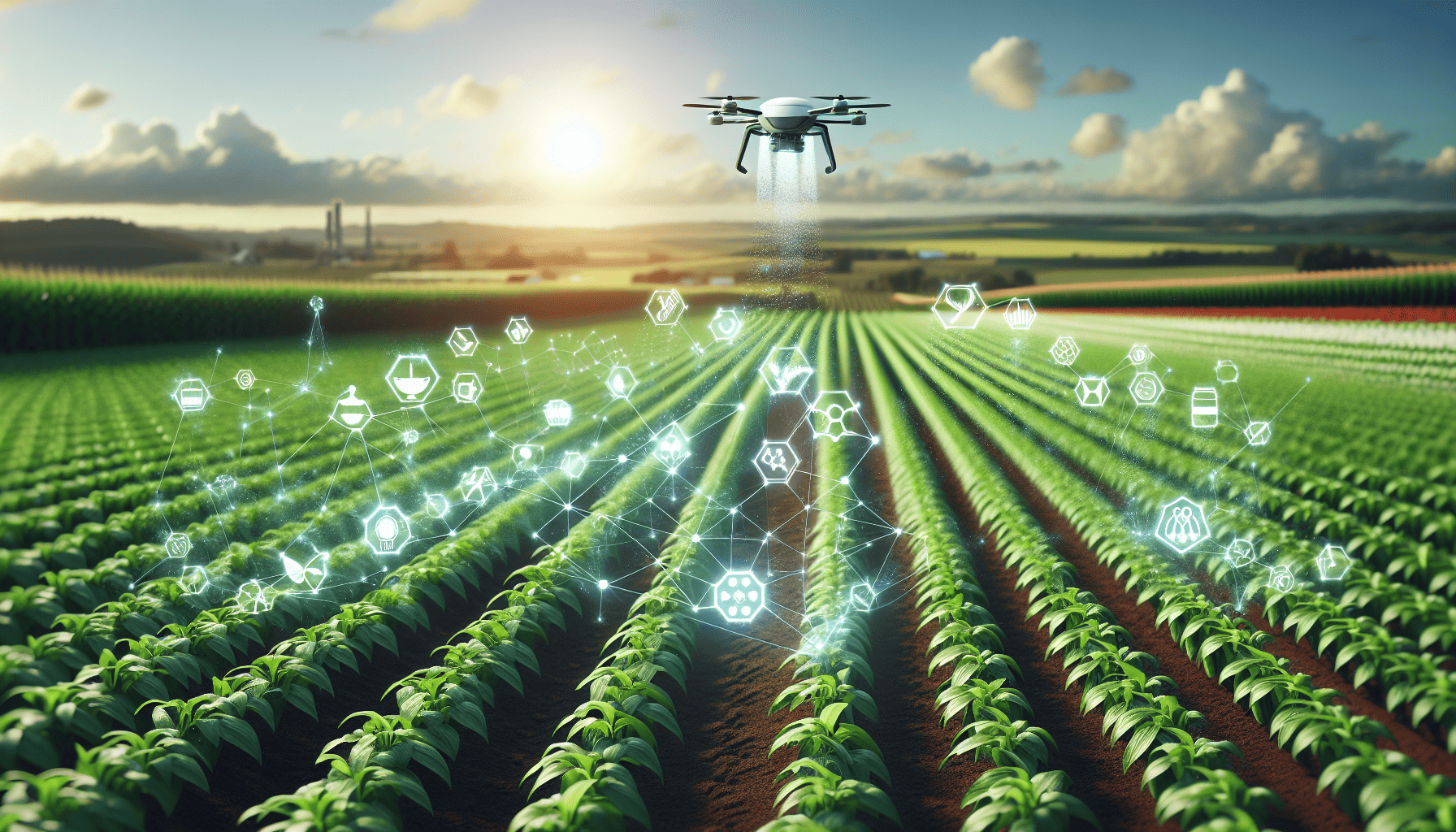In recent years, the agricultural sector has been seeking innovative solutions to boost crop yields and enhance sustainability to meet the ever-growing global food demand. One of the most promising advancements is the integration of nanotechnology in agriculture. This cutting-edge technology is unlocking new potentials in the agricultural landscape, offering solutions that are more efficient, eco-friendly, and sustainable.
Nanotechnology involves manipulating materials at the nanoscale, where they exhibit unique properties and behaviors. These materials, known as nanoparticles, can play a significant role in various agricultural processes. The application of nanotech in agriculture spans several areas, including pest management, soil enhancement, water purification, and nutrient delivery.
One of the critical ways nanotechnology is aiding agriculture is through precision nutrient delivery. Traditional fertilizers often lead to nutrient run-off, causing environmental damage and reducing fertilizer efficiency. Nano-fertilizers, engineered to release nutrients in a controlled manner, ensure that plants utilize the nutrients more effectively. This minimizes waste and environmental impact while maximizing the benefits to the crops, leading to higher yields.
Nanotechnology is also revolutionizing pest management. Conventional pesticides often harm beneficial organisms and the surrounding environment. Nano-pesticides, on the other hand, can be engineered to target specific pests without adversely affecting the ecosystem. These particles can deliver active ingredients with precision, reducing the quantities needed and lessening the chemical load on the environment.
Water scarcity is a growing concern in agriculture, especially with climate change altering weather patterns. Nanotechnology offers solutions through advanced water filtration systems. Nanomaterials are effective at removing contaminants from water, making it safer for irrigation and more available for crops. Additionally, certain nanoparticles can enhance the water retention properties of soils, ensuring that crops receive adequate hydration despite drought conditions.
Furthermore, nanotechnology holds potential in improving plant resilience and growth. By applying nanoparticles to seeds or soil, researchers are discovering ways to enhance plants' abilities to withstand stressors such as diseases, extreme temperatures, and drought. This resilience is crucial for maintaining productivity in the face of climate change and other environmental challenges.
The integration of nanotechnology in agriculture not only addresses the challenges of increasing yields and sustainable practices but also opens up new frontiers in crop science and agricultural engineering. However, as with any emerging technology, it is imperative to consider the regulatory and safety aspects of using nanomaterials in food production. Continuous research is needed to ensure that nanotechnology applications are safe for consumers and the environment.
In conclusion, the synergy between agriculture and nanotechnology represents a significant leap forward in achieving food security and sustainability. As researchers and scientists continue to explore and refine these innovations, nanotechnology is poised to become an invaluable tool in the global quest to feed the world's growing population while preserving our planet's ecosystems for future generations.
